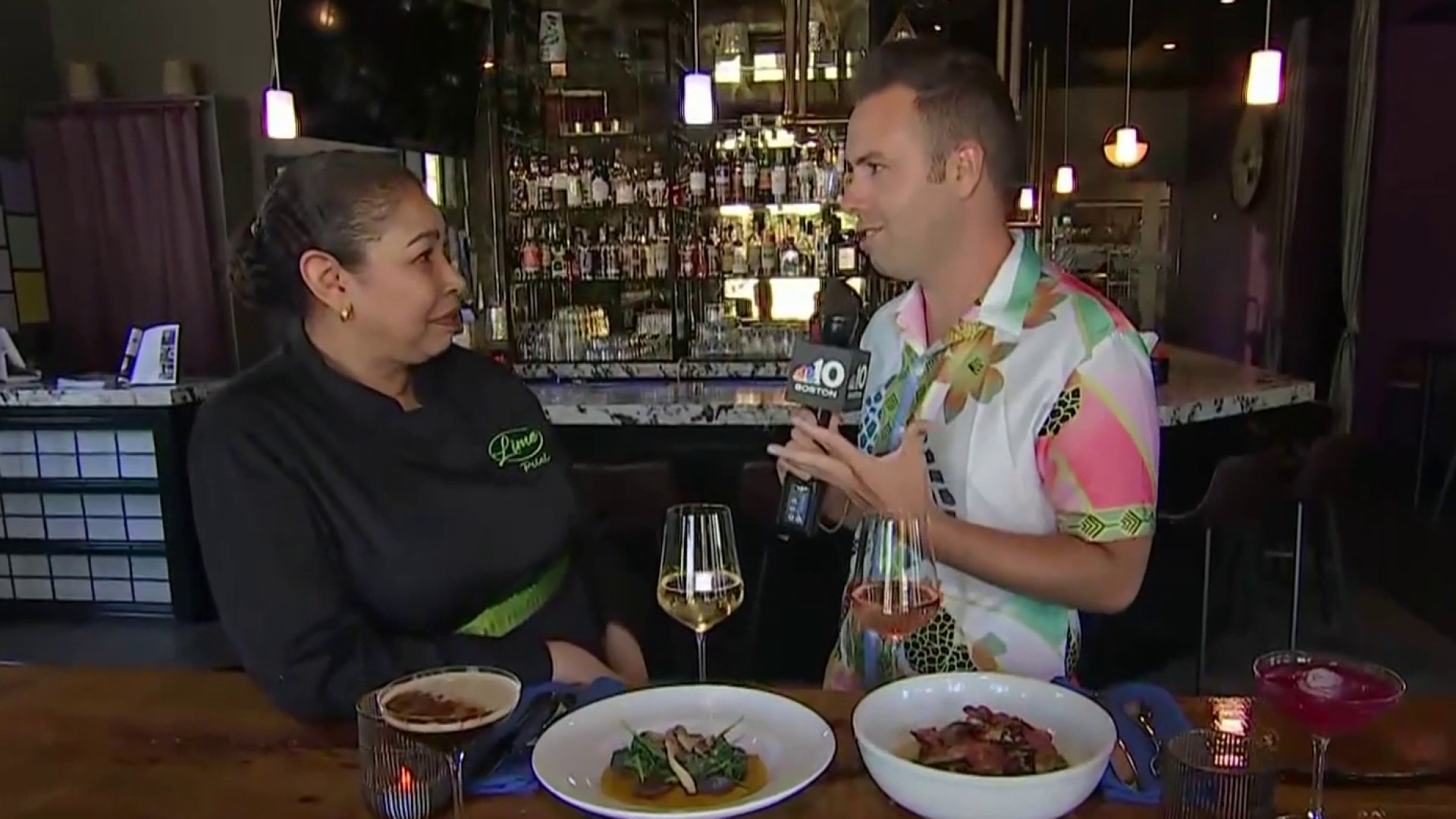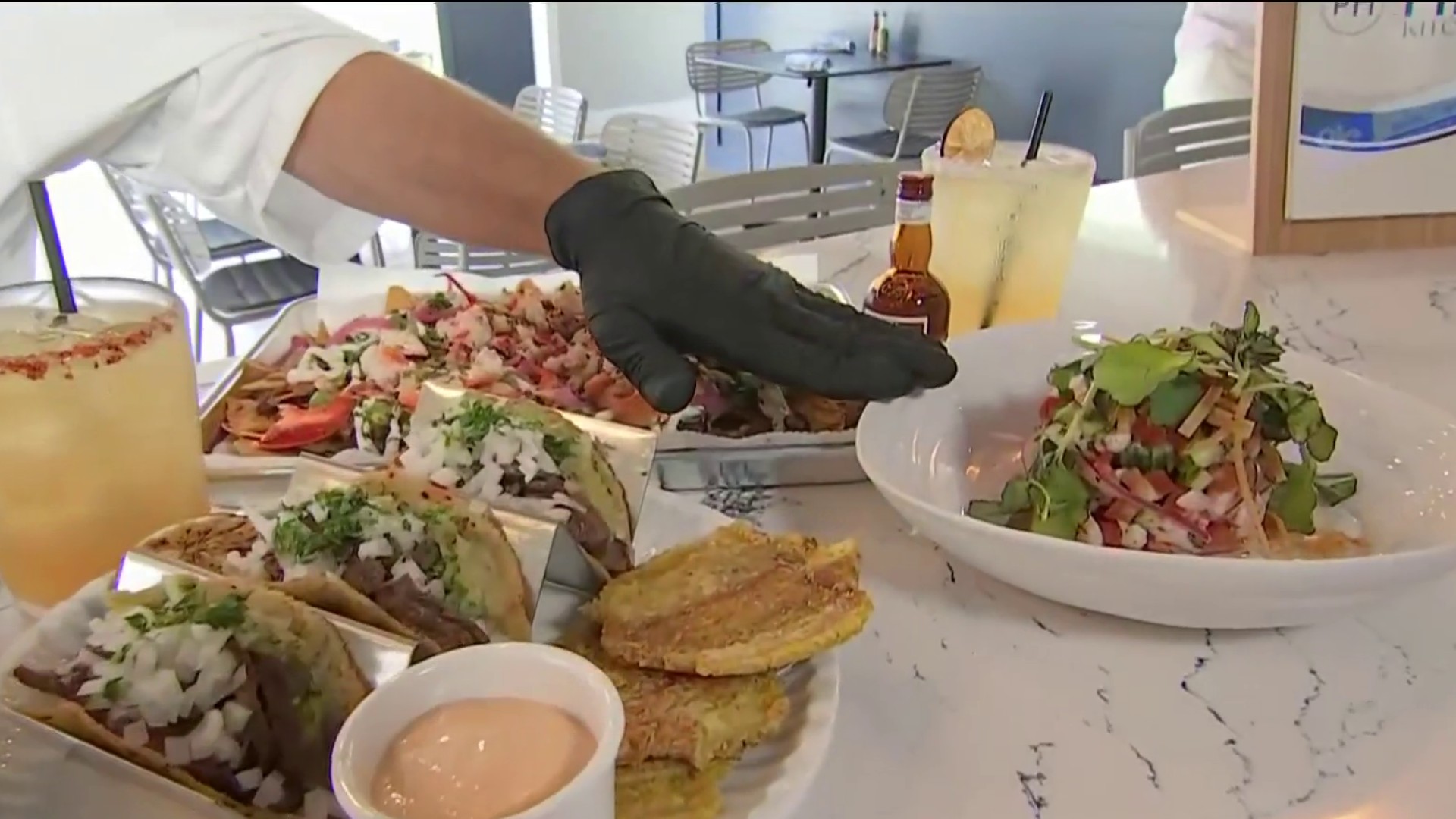A few decades ago, a hungry local may have chosen where to eat off of a recommendation from a friend or a catchy roadside billboard. Today, a quick scroll through TikTok or Instagram is making stomachs grumble – and restaurants boom – in Boston and elsewhere.
The influencer marketing business has grown from $8 billion to $15 billion in just three years, leaving no doubt that food influencers are challenging the way restaurants advertise and even operate. But opinions differ on whether this emerging practice is helpful or harmful to the Boston food scene.
Creators like Keith Lee wield real influence — his food reviews have been known to make or break restaurants across the country. While Lee is known to send tens of thousands of visitors to small businesses with his TikToks, smaller influencers are finding their own roles within local restaurant industries.
This is no exception in Boston, where a quick social media search reveals no shortage of creators showcasing spots in the area. Food influencing, as some locals explain, can be a hobby as well a business venture.
Get Boston local news, weather forecasts, lifestyle and entertainment stories to your inbox. Sign up for NBC Boston’s newsletters.
“I started it out of a passion,” said food influencer Brittany di Capua of @bostonfoodjournal. “It was just a way for me to be creative and showcase my love of food and dining with my friends and family. Over time, the account was growing and it was turning into its own business.”
Depending on the creator, food influencing can take many different forms. One local food influencing duo, Maddie Gatto and Rachel Eng of @twotastebuddiez, explain that content on their page -- and those of many others -- can come in one of three forms.
Often the first stage of their pages, influencers can taste and review restaurants on their own accord. As accounts begin to grow, businesses begin to request paid advertisements where creators will promote their menus. National companies also collaborate with influencers in pre-planned posts.
Just like the dishes they promote, all influencers are different and have their own unique taste.
“For me, when I share [a] restaurant experience, I like to make it almost like art,” said Nicole of @mydietistrash. “It’s a very visual experience.”
“I lean towards the review side,” said Key Henson of @wannabestayathomedad. “I really just want to make it seem like you're eating across the table from me.”
For some local restaurants, influencing has been a powerful tool in harnessing the billions of people on social media every day.
“It's been just super beneficial to these restaurants,” Kelsie Walsh, account director at Zozimus marketing agency, said. “To be able to get that quick hit content out to people [and] showcase the key elements of the business has been really wonderful.”
Many have found the strategy successful, including Grace by Nia, a Seaport restaurant and lounge that opened this past May. Walsh, who works on the restaurant’s strategy, explained that influencer marketing played a large role in its rapid growth and success.
“To see this influencer landscape grow the way it has, it's like nothing I've ever seen before,” said Walsh. “Grace by Nia has grown to 18,000 (Instagram) followers in an extremely short period of time.”
But not all restaurants feel influencer marketing is the future of the industry– or even the present.
Restaurant owner Robert Regnatta feels his dishes belong on the table, not necessarily on the screen. Euno, which has been in business for over 28 years, has found its success as a romantic atmosphere that welcomes tourists and locals alike as they pass by it in the North End.
“I think the competition's about the quality of the food in the restaurant, and what type of ambiance and service you can give the customer,” he said. “Can we be better as far as social media? Yeah, we definitely can be. But the nucleus of the restaurant industry is about food quality. I think we hit this, we've nailed it.”
Food influencing even has the power to harm the Boston food scene’s integrity, according to local longtime food blogger Marc Hurwitz, a partner of NBC10 Boston.
He said it “hurts the traditional food writers who don't get paid and pay their own way,” he said. “And again, that's one of the problems of the food bloggers and influencers who do the pay-to-play and the promotional stuff. Because it kind of makes everyone look that way.”
In Hurwitz’s opinion, influencer advertising can make for an ingenuine depiction of a restaurant and its offerings.
“When I review or feature a restaurant, I’m going incognito,” he said. “I pay my own way. I take pictures very discreetly, so (the owners) don't know who I am. The minute they know who you are, the review should be over. Because then they're going to make a special meal for you.”
Though influencer marketing is undoubtedly working its way into the strategies of local businesses, it is clear it’s not everyone’s taste.
The practice, however, is one restaurant owners now have as an addition to the marketing landscape as we know it.
“We’ll still hear stories from the restaurant owners saying that they've seen a really big increase in business since we posted,” Gatto said. “That’s a really rewarding part.”
And what will come of food influencing in the near future? Only time will tell.
“The pendulum could swing again, which means that maybe the influencers won't have as much of a big audience anymore– but it remains to be seen,” Hurwitz said.



